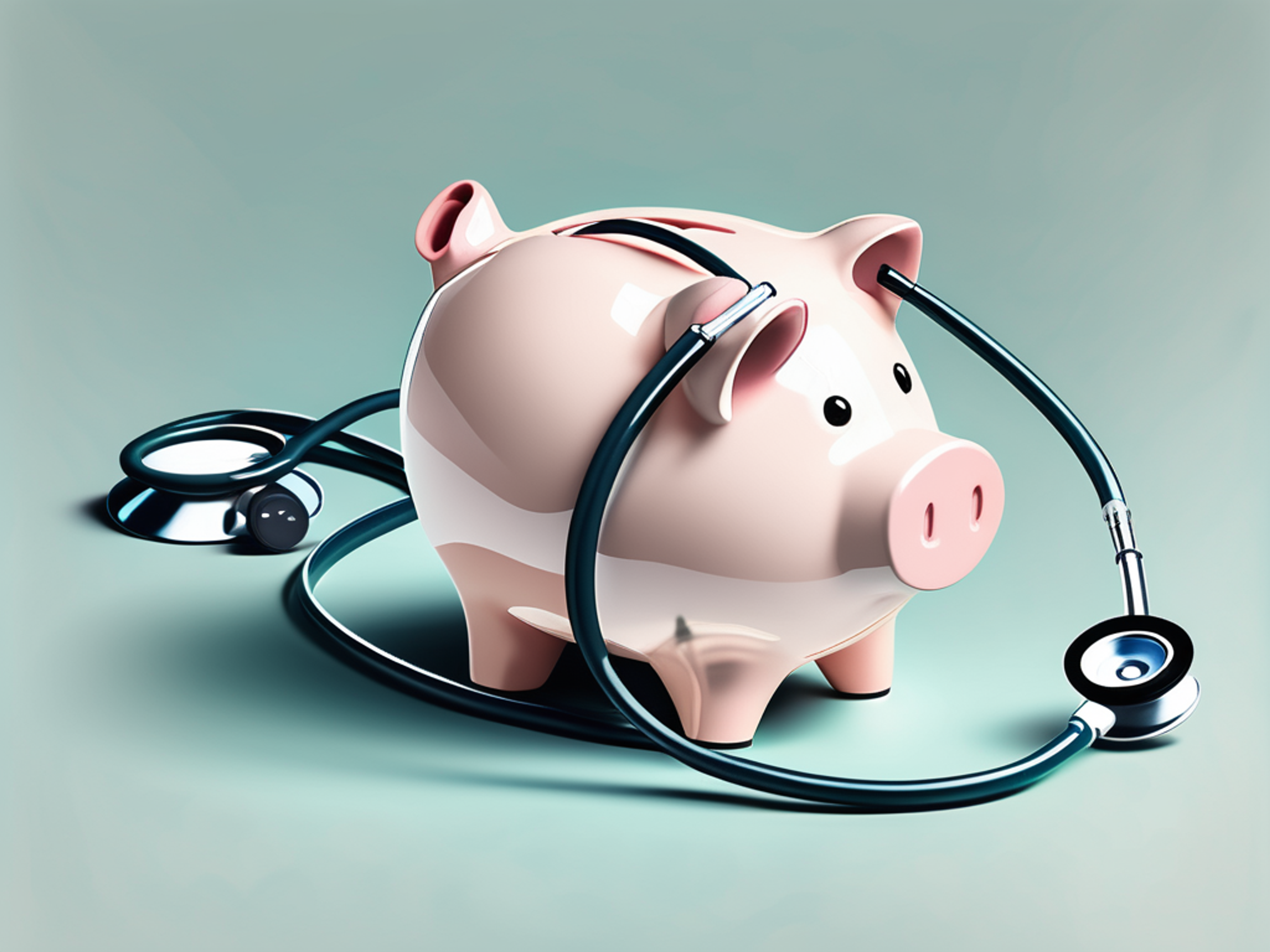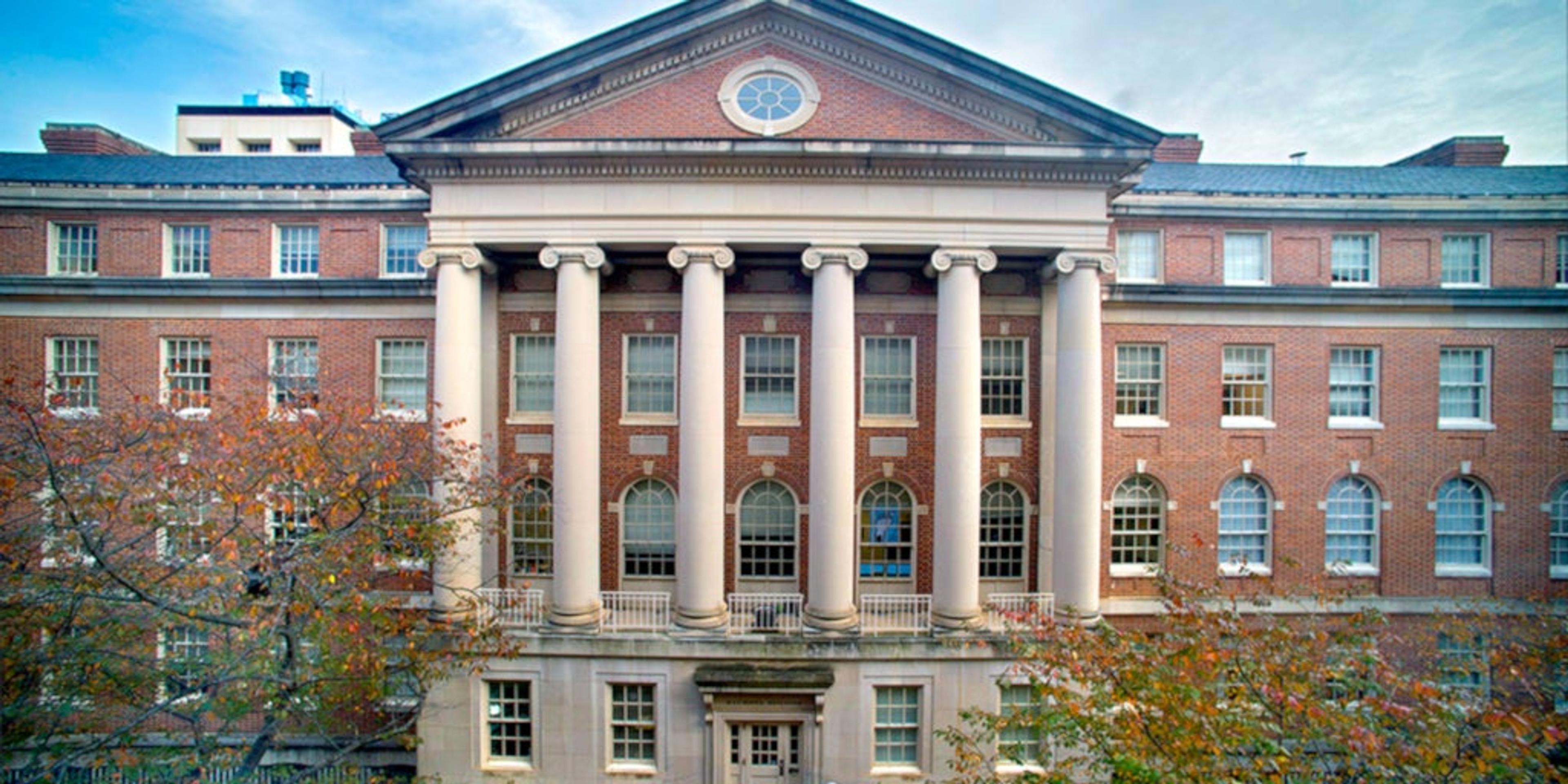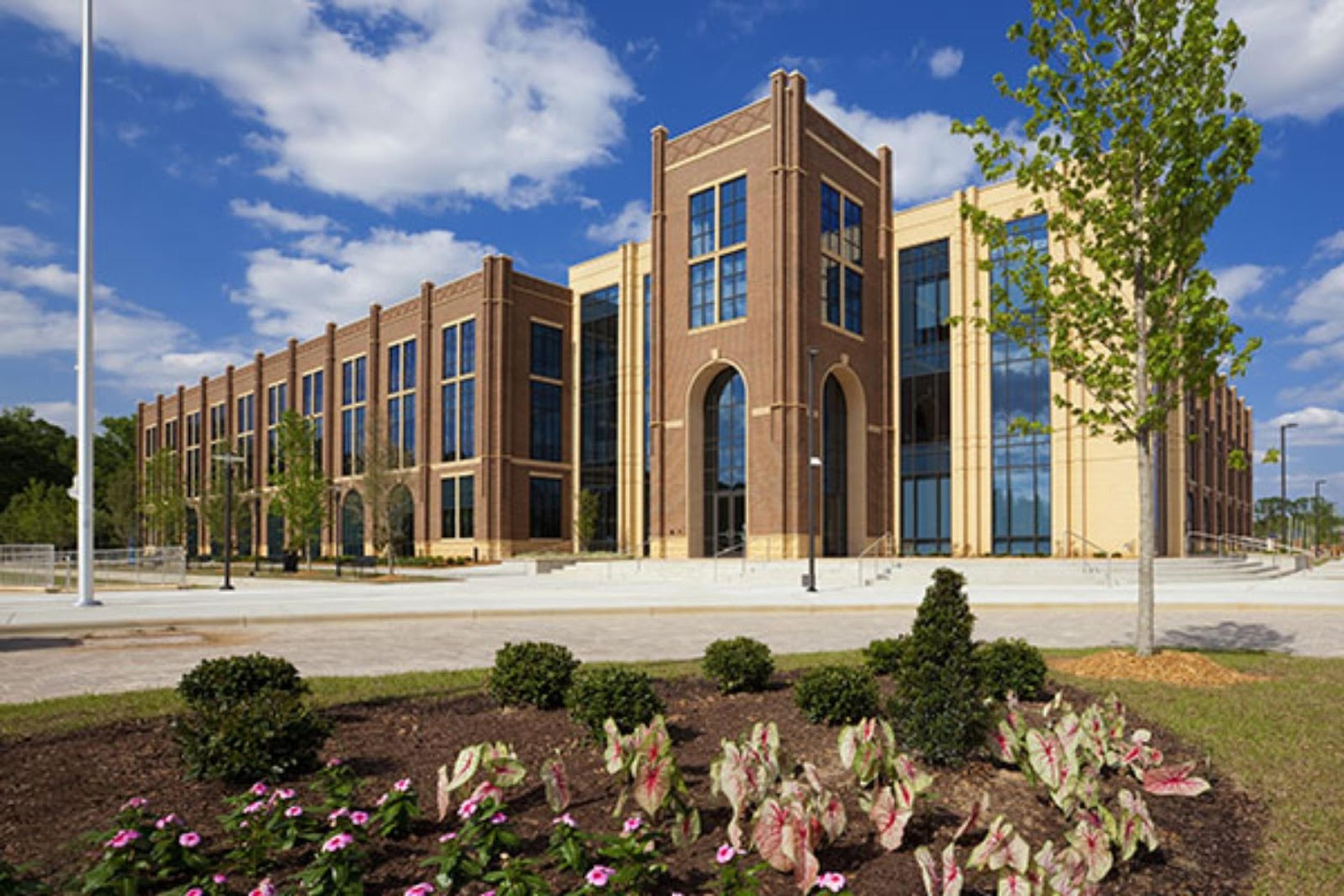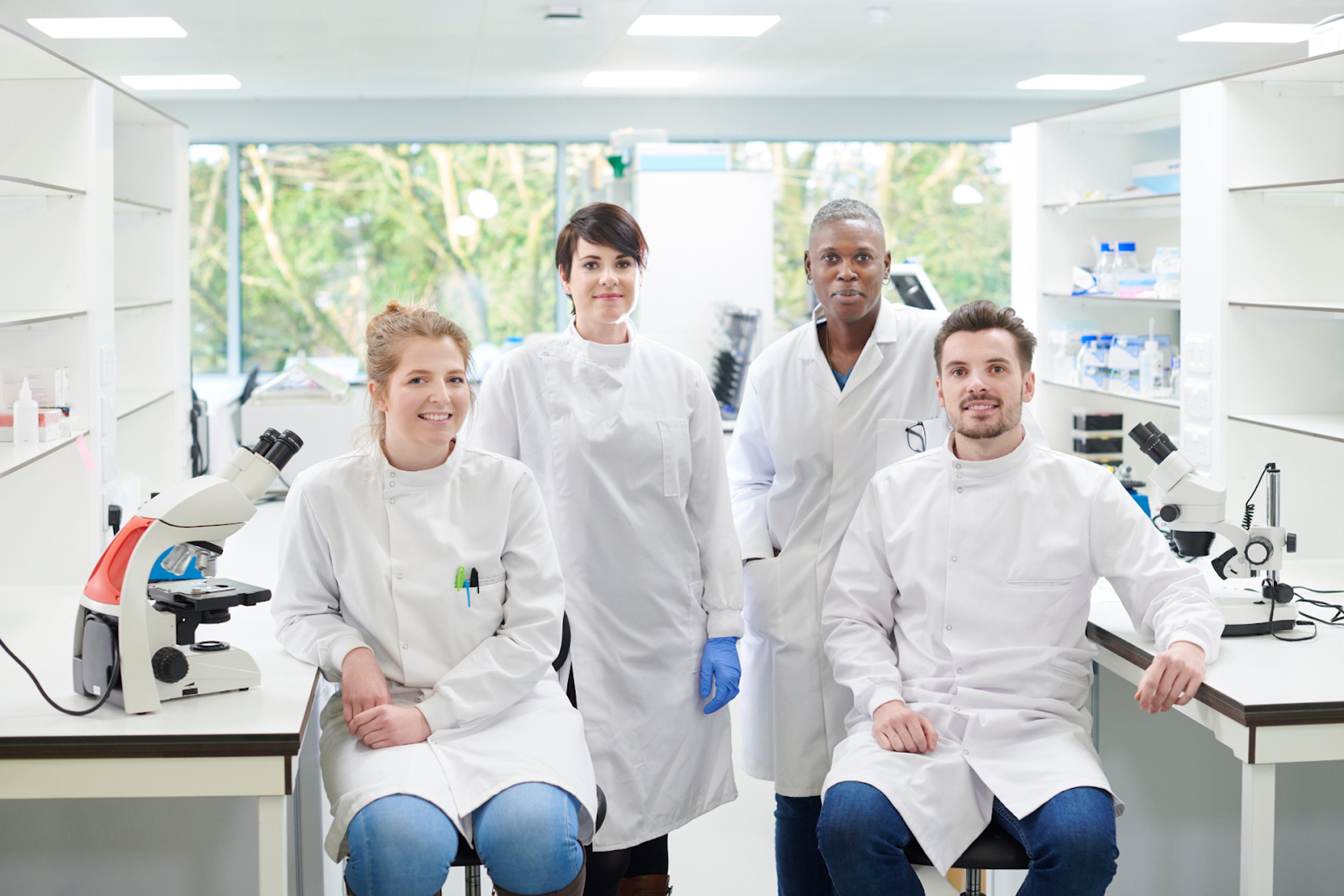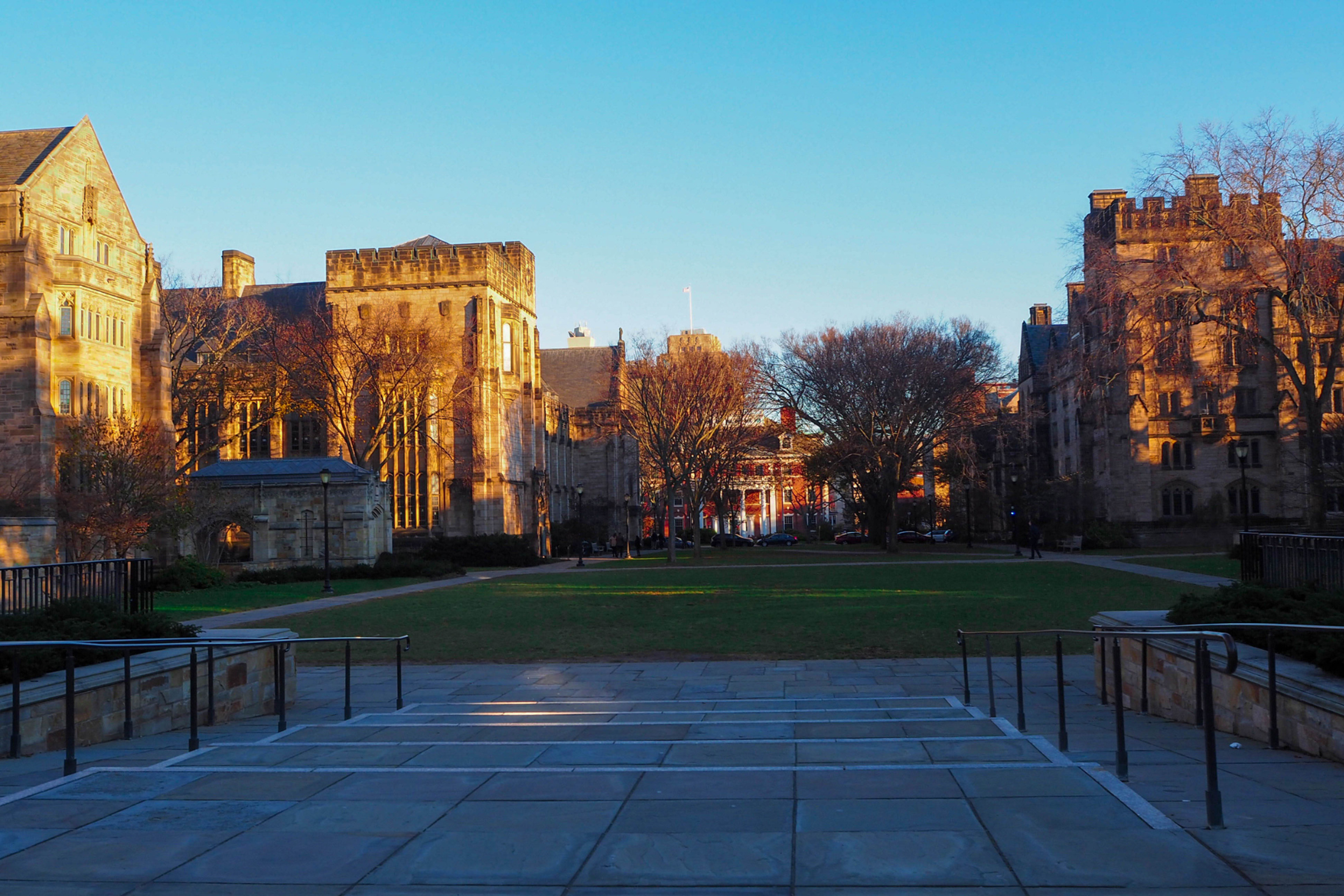Virginia Medical Schools: A Comprehensive Guide to Admissions and Programs
If you're considering attending a medical school in Virginia, this comprehensive guide is a must-read.
Posted April 10, 2025

Table of Contents
Free Event

Featuring Jaspreet K.
Ask Me Anything: Medical School Applications
Starting Friday, April 25
12:00 AM UTC · 30 minutes

Featuring Jaspreet K.
If you're interested in pursuing a career in medicine, Virginia has a lot to offer in terms of medical education. With a number of highly-ranked medical schools, Virginia attracts some of the best and brightest students from around the world. In this comprehensive guide, we'll explore everything you need to know about Virginia medical schools, from admissions requirements and program offerings to campus life and post-graduation career prospects.
Introduction to Medical Schools in Virginia
Virginia is home to five medical schools, each with its own unique strengths and areas of focus. These schools include the University of Virginia School of Medicine (UVA), Virginia Commonwealth University School of Medicine (VCU), Eastern Virginia Medical School (EVMS), Liberty University College of Osteopathic Medicine (LUCOM), and Edward Via College of Osteopathic Medicine (VCOM).
The University of Virginia School of Medicine (UVA) is one of the oldest medical schools in the country, founded in 1819. It is known for its strong research programs and its commitment to providing students with a well-rounded education that emphasizes both clinical skills and scientific knowledge.
Virginia Commonwealth University School of Medicine (VCU) is located in Richmond, Virginia, and is known for its focus on urban health and community engagement. The school has a strong emphasis on primary care and offers a variety of programs to help students gain experience working with underserved populations.
Overview of the Medical School Admissions Process
Applying to medical school can be a daunting process, but it doesn't have to be. Each school has slightly different admissions requirements, but in general, you'll need to have a strong academic record, perform well on the MCAT, and have a well-rounded application that demonstrates your commitment to and aptitude for medicine. Additionally, many schools require letters of recommendation and have specific application deadlines.
It's important to note that the medical school admissions process is highly competitive, with many more applicants than available spots. This means that it's crucial to stand out from the crowd with a unique and compelling application. One way to do this is by gaining relevant experience in the medical field, such as volunteering at a hospital or clinic, conducting research, or shadowing a physician. Another way is to showcase your leadership skills and involvement in extracurricular activities, such as serving as a club president or participating in community service projects. By taking these steps and putting together a strong application, you can increase your chances of being accepted into the medical school of your choice.
Exploring the Top Medical Schools in Virginia
The top medical schools in Virginia are consistently ranked among the best in the country. UVA, VCU, and EVMS are all highly-regarded for their academic programs, research opportunities, and clinical training. LUCOM and VCOM, both newer schools, are also making a name for themselves in the medical education world.
UVA's School of Medicine is one of the oldest and most prestigious medical schools in the country, with a long history of producing successful physicians and researchers. The school offers a wide range of programs, including a highly-regarded MD-PhD program for students interested in pursuing both clinical and research careers.
VCU's School of Medicine is known for its strong emphasis on community engagement and service. The school's medical students are encouraged to participate in a variety of community outreach programs, providing them with valuable hands-on experience while also giving back to the community.
Admission Requirements for Virginia Medical Schools
Each Virginia medical school has its own unique set of admissions requirements, but in general, applicants should expect to have a strong academic record with a focus on the sciences, letters of recommendation, and a well-crafted application essay. Schools may also consider extracurricular activities, research experience, and other factors when making admission decisions. Prospective students should carefully review each school's admissions requirements before applying.
It is important to note that some Virginia medical schools may also require applicants to have completed certain prerequisite courses, such as biology, chemistry, and physics. Additionally, many schools may require applicants to have taken the Medical College Admission Test (MCAT) and achieved a minimum score. It is recommended that prospective students research each school's specific requirements and prepare accordingly to increase their chances of being accepted into their desired program.
Tips for Crafting a Successful Medical School Application
Crafting a successful medical school application requires a lot of time and effort. Applicants should start by focusing on their grades and performing well on the MCAT. It's also important to have a well-rounded application that clearly demonstrates your commitment to and passion for medicine. Finally, applicants should take advantage of all available resources, including school career centers and alumni networks, to help them put together the strongest application possible.
Another important aspect of a successful medical school application is gaining relevant experience in the field. This can include volunteering at a hospital or clinic, shadowing a physician, or conducting research in a medical setting. Admissions committees want to see that applicants have a clear understanding of the medical field and have taken steps to gain hands-on experience. Additionally, applicants should consider seeking out mentors or advisors who can provide guidance and support throughout the application process.
Financial Aid and Scholarship Opportunities for Virginia Medical Students
Attending medical school can be expensive, but there are many financial aid and scholarship opportunities available to help offset the costs. Schools may offer need-based aid, merit scholarships, or both. Additionally, there are a number of external scholarship opportunities available through professional organizations and private foundations.
One option for financial aid is the Health Resources and Services Administration (HRSA) Scholarship for Disadvantaged Students. This program provides funding for students from disadvantaged backgrounds who are pursuing careers in healthcare. Another option is the National Health Service Corps Scholarship, which provides funding for medical students who commit to working in underserved communities after graduation.
It's important to research and apply for scholarships early, as many have deadlines well before the start of the academic year. Some scholarships may require essays or letters of recommendation, so be sure to give yourself plenty of time to complete the application process. With a little effort and persistence, you can find the financial support you need to pursue your medical education.
Curriculum Structure and Degree Programs Offered by Virginia Medical Schools
Each Virginia medical school has its own curriculum structure, but in general, students can expect to spend the first two years of their education in the classroom and the last two years in clinical rotations. Schools may offer a variety of degree programs, including Doctor of Medicine (MD), Doctor of Osteopathic Medicine (DO), and joint degree programs with other graduate schools.
Additionally, some Virginia medical schools offer specialized degree programs, such as a Master of Public Health (MPH) or a Master of Science in Medical Sciences (MSMS). These programs can provide students with a deeper understanding of specific areas of medicine and can enhance their career opportunities. It is important for prospective students to research the degree programs offered by each school to determine which program aligns with their career goals.
Extracurricular Opportunities for Students at Virginia Medical Schools
Medical school can be an intense and demanding experience, but it's also important for students to take time to engage in extracurricular activities that allow them to pursue their interests and develop new skills. Virginia medical schools offer a variety of extracurricular opportunities, including student organizations, volunteer programs, and research opportunities.
One popular extracurricular activity for medical students in Virginia is participating in medical mission trips. These trips provide students with the opportunity to travel to underserved communities and provide medical care to those in need. Not only do students gain valuable clinical experience, but they also have the chance to make a positive impact on the lives of others.
Another extracurricular opportunity available to medical students in Virginia is participating in medical simulations. These simulations allow students to practice their clinical skills in a safe and controlled environment. Simulations can range from basic procedures to complex surgeries, and provide students with the opportunity to learn from their mistakes and improve their skills before working with real patients.
Clinical Practice and Research Opportunities Offered by Virginia Medical Schools
One of the biggest benefits of attending a Virginia medical school is the abundance of clinical practice and research opportunities. Schools may partner with local hospitals and clinics to provide students with hands-on experience in a variety of medical settings. Additionally, many schools have robust research programs, giving students the opportunity to contribute to the scientific community and explore their own interests in depth.
Furthermore, Virginia medical schools often offer specialized programs and tracks for students interested in specific areas of medicine, such as pediatrics, oncology, or cardiology. These programs provide students with focused training and mentorship, as well as opportunities to participate in research and clinical experiences related to their chosen field.
Finally, Virginia medical schools also prioritize community engagement and service. Many schools have partnerships with local organizations and non-profits, providing students with opportunities to give back to their communities and gain valuable experience working with underserved populations. These experiences not only benefit the community, but also help students develop important skills in cultural competency and empathy, which are essential for providing high-quality patient care.
Faculty Profiles and Teaching Styles at Virginia Medical Schools
Virginia medical schools are home to some of the most respected and accomplished faculty in the country. These faculty members bring a wealth of knowledge and experience to the classroom, and can help students navigate the complex world of medical education. Teaching styles vary, but in general, students can expect a mix of lectures, small-group discussions, and hands-on clinical experience.
Student Life and Campus Culture at Virginia Medical Schools
Medical school can be a challenging and intense experience, but it's important for students to find a balance between their academic and personal lives. Virginia medical schools offer a supportive and vibrant campus culture, with a variety of extracurricular activities and social events. Students can find everything from intramural sports teams to interest-based clubs and organizations.
Post-Graduation Career Prospects for Virginia Medical School Graduates
Virginia medical school graduates are highly sought-after by employers, and have excellent career prospects in a variety of medical fields. Many graduates go on to complete residencies and fellowships, while others begin their careers as practicing physicians or pursue research and academic positions. The skills and experience gained through a Virginia medical education prepare students well for whatever path they choose.
Comparing Virginia Medical Schools to Other Programs Across the Country
While Virginia medical schools are highly-regarded, it's important for prospective students to consider all of their options before making a decision. There are many excellent medical programs across the country, and the right fit will depend on a number of individual factors. Prospective students should consider factors such as program offerings, location, cost, and culture when evaluating schools.
Conclusion: Making Your Decision on Which Virginia Medical School to Attend
Choosing a Virginia medical school can be a big decision, but with the right information and resources, it's possible to make an informed choice. Prospective students should start by researching each school's program offerings, admissions requirements, and campus culture. From there, students can narrow down their options and begin the application process. Ultimately, the right Virginia medical school will depend on each student's unique needs, interests, and goals.



